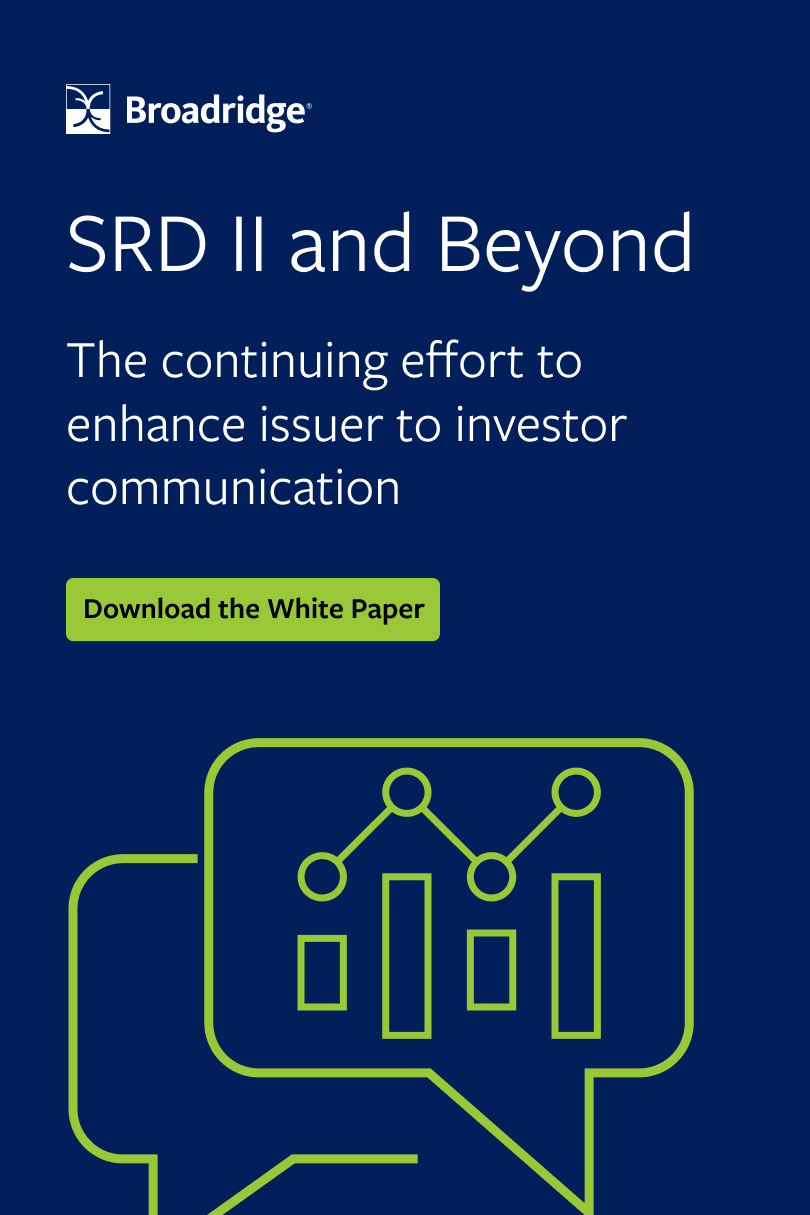UK public sector funds are facing challenges from all angles—from the possibility of limited resources to the constant question of balancing risk and reward against asset safety. Throw that in with the 3 January 2018 deadline for compliance with the second Markets in Financial Instruments Directive (MiFiD II), and working with Local Government Pension Scheme (LGPS) funds is proving to be a challenge for all involved in the industry.
Since May 2017, asset managers working with LGPS funds have been able to sign up to a transparency code between investment managers and administering authorities. As a way of boosting managers’ attractiveness for mandates, the code was designed to create greater clarity on investment fees, and applies to all listed asset classes.
Just a few months prior, a State Street-sponsored report into the pension scheme’s asset allocation revealed a 61 percent spike in alternatives exposure by the 89 public funds participating in the LGPS, representing £16.6 billion in assets.
A further £34.7 billion in assets were given over to fixed income, leading to a 31 percent increase in that business line.
At that time, Andy Todd, head of UK pensions and banks for asset owner solutions at State Street, said: “Mounting cost pressures and persisting lower-for-longer yields have led pension fund investment committees to seek ‘higher yielding’ assets to assist them in meeting their strategic investment targets. Alternatives have historically been seen to provide this solution.”
However, the asset allocation of the 89 member funds could still see considerable changes to their current portfolio construction over the coming years, with unprecedented changes in technology in the pipeline, in the UK alone.
When the State Street report was released, JR Lowry, head of State Street global exchange for Europe, the Middle East and Africa, noted: “LGPS [funds] are in a period of extreme change and technology will be the next stage of their evolution. As they reshape to adapt to their new size and structure, they have a significant opportunity to overhaul outdated legacy systems and benefit from new economies of scale.”
“If embraced and properly harnessed, technology has the potential to help them confront these challenges.”
Sid Newby, head of business development for the UK at BNP Paribas, which has secured five custody mandates under the LGPS framework, to date, says the custody provider is indeed embracing new technology.
He says: “In the last 18 months, the technology we can deploy and leverage is more powerful and provides more opportunities for providers and clients.”
But, that’s not to say everything is plain sailing in all areas of the industry.
Todd suggests that one of the most important challenges facing pension funds is the limitation of resources.
He says: “There are few trustee boards, management and investment committees or HR and pensions departments that would claim to have surplus resources beyond that required to meet the day-to-day challenges of running a pension fund. It is commendable how staff within the LGPS member funds have adopted the initiative, taken ownership and driven the project forward despite the resource challenge.”
Asset managers also have to contend with the issue of balancing risk and reward strategies against asset safety, added to this is mounting cost pressures and persisting lower-for-longer yields. It is lower-for-longer yields in particular that have led pension fund investment committees to seek ‘higher yielding’ (often illiquid) assets.
This limitation of resources and juggling risk and reward against asset safety have been challenges that pension funds may have to deal with year-on-year. But, with the implementation of MiFiD II, among other regulations, the industry is playing a whole different ball game, particularly between now and April 2018.
You say you want some regulations
Todd suggests that a key thing to consider is MiFID II’s re-classification of LGPS funds as retail investors, explaining that such funds are now working together with their advisors and asset managers to transition back up to professional investor status.
“Any that do not opt up are likely to part company with many of their assets managers — specifically, those managers that do not have the regulatory permissions and investment operational infrastructure to support retail clients,” he says.
“The indirect consequences, which may be more far-reaching for the industry, are the provisions around transparency. We’re seeing a demand for greater transparency, for example, in dealing especially, and in costs more generally.”
Pension funds have also had to achieve a balance between some form of liability-driven investments—matching their investments with their liabilities—which they can do through a specific liability-driven investment manager or through direct fixed income investments.
Back to the EMIR
Newby also highlights the European Markets Infrastructure Regulation (EMIR) as one of the most difficult regulations to navigate, particularly because of the collateral requirements it will bring in. However, new requirements could also bring new opportunities.
He says: “While looking to derivatives for diversification or hedging, EMIR is requiring greater collateralisation. That’s a pain if funds don’t have the cash required for margin.”
“One of the consequences, alongside the reporting that clients require, is the ability to optimise their collateral and optimise their cash positions. It’s becoming a very keen topic for them to understand how they can do it efficiently, particularly with EMIR regulation.”
Let it be Brexit
Closer to home, LGPS funds are also facing extra uncertainty on the road to the UK’s exit from the EU, with negotiations due to come to a close in March 2019.
An audience poll at this year’s Sibos conference in Toronto saw 46 percent of audience members suggesting that Frankfurt will take over from London as the world’s financial centre, post-Brexit. It cannot be denied that the upheaval and uncertainty around the Brexit process brings some uncertainty to LGPS funds. But, ultimately there are still questions around how much of an impact it will really have.
In recent years, UK pension funds have diverted away from the London stock market in favour of foreign stock and bond markets, even before last year’s referendum result. As Prime Minister Theresa May grapples with EU negotiations, organisations with pension funds are understandably concerned about the type of volatility on financial markets and the overall impact on asset managers.
Todd says: “The only element you can be sure of is that it’s coming.”
Although he warns that there is volatility in financial markets that has adversely affected asset prices, he reassures that LGPS funds will likely remain strong come March 2019.
He says: “Pension funds, including the LGPS, should not feel panicked or pressured into making sudden changes to their business models and asset allocations.”
We can work it out
Amid the smoke and mirrors surrounding Brexit and the other market pressures, asset managers and pension funds alike are looking intently to the future, whether this means the reevaluating of funds, looking to outsourcing opportunities or considering the effect financial technology will have on the industry in the coming years.
Ultimately, funds are looking for the most efficient and cost-effective methods to generate returns.
Newby says: “In general, we are seeing the large pension funds re-evaluating how they’re set up and looking more proactively to outsource certain functions, whether that is support with their private equity investments, in terms of managing the middle-office cash management of those assets, or whether it is reporting.”
He adds: “Our clients’ main question, and their business demand, is always: ‘How can I operate most efficiently?”
On this point, Newby says, data is going to “change the game”. Particularly he points to ‘data-as-a-service’ as something likely to become a big topic in asset management over the next few years.
He says: “We’re talking to some sophisticated schemes about how, as a provider, we can help them manage their data and make use of the new tools available, in a way that they’ve never been able to do before.”



